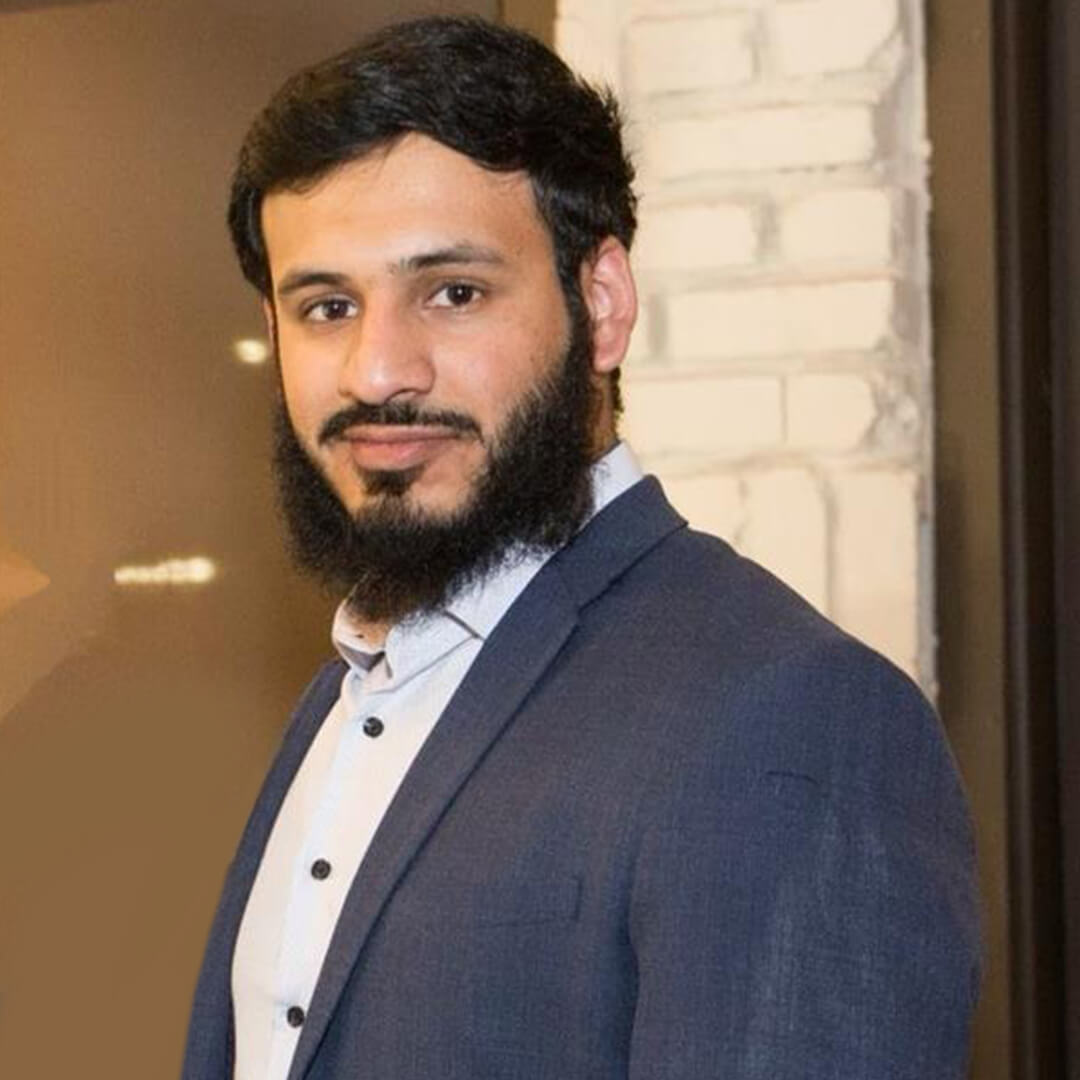Mental health issues have become increasingly common across all demographics, affecting individuals irrespective of age, gender, or socioeconomic status. In today’s fast-paced world, mental illnesses are no longer seen as distant problems but are everyday realities for many. This universal challenge underscores the importance of understanding and addressing mental health effectively within every community, including Muslims.
Within the Islamic context, mental health is not just about the absence of illness but also encompasses complete physical, mental, and social well-being in alignment with religious teachings. Muslim therapists and psychologists play a crucial role in this landscape, offering support that integrates spiritual values with modern psychological insights to promote holistic wellness.
Engaging with mental health through an Islamic lens can help demystify stigmas and encourage more individuals to seek the help they need in a culturally respectful manner. By approaching mental health as a crucial aspect of daily life, we can better support those around us to achieve a balanced, fulfilling life while staying true to their faith and values.
Understanding the Importance of Mental Health in Islam
Islam provides a rich framework for understanding human psychology and emphasizes the balance between spiritual, physical, and emotional needs. The Islamic faith encourages seeking help and counseling.
One pertinent Hadith that underscores the importance of mental health in Islam is reported by Abu Huraira, where the Prophet Muhammad (PBUH) said:
“There is no disease that Allah has created, except that He also has created its treatment.” (Bukhari)
This Hadith not only highlights the Islamic view on physical diseases but extends to mental health conditions, suggesting that every ailment has a cure, and it is a pursuit of knowledge and treatment that is encouraged. The implication here is profound, as it promotes an attitude of proactive engagement with health issues, including mental health.
The Role of a Muslim Therapist in Promoting Wellness
A Muslim therapist integrates the teachings of Islam with psychological principles to provide care that respects religious beliefs and personal sensitivities. This tailored approach ensures that mental health strategies align with Islamic values, promoting holistic healing.
Strategy 1: Spiritual Self-Care
For many Muslims, spiritual practices are not just rituals but a source of comfort and resilience. Integrating prayer and Quranic meditation into daily routines can significantly bolster mental health.
➡️ Incorporating Prayer and Meditation into Daily Life
Regular prayer (Salah) is a form of meditation that provides structure, reduces stress, and offers a direct connection to Allah, which is immensely comforting during times of distress.
➡️ Using Quranic Teachings to Enhance Emotional Resilience
The Quran offers numerous verses that provide solace and guidance. Reflecting on these teachings can help cope with life’s challenges, enhancing emotional strength.
Strategy 2: Physical Self-Care
Islam promotes cleanliness and physical health as vital elements of faith. Engaging in regular physical activity and mindful eating are crucial for mental and physical well-being.
➡️ The Significance of Physical Health in Islam
Maintaining physical health is considered a duty in Islam. The Prophet Muhammad (PBUH) encouraged physical activities like walking, horse riding, and swimming.
➡️ Exercise and Nutrition Tips Tailored for Muslim Lifestyles
Incorporating halal foods along with regular exercise routines can improve overall health and mood, mitigating symptoms of depression and anxiety.
Strategy 3: Emotional Self-Care
Managing emotional well-being is essential for a balanced life. Muslims are encouraged to express their emotions in a healthy way and seek professional help when needed.
➡️ Techniques to Manage Stress and Anxiety
Simple techniques such as Dhikr (remembrance of Allah), mindfulness, and talking therapies adapted by Muslim psychologists can be effective stress relievers.
➡️ The Role of a Psychologist in Managing Emotional Challenges
Muslim psychologists can provide culturally and religiously sensitive therapies that align with clients’ values, fostering better outcomes in treatment.
Strategy 4: Social Self-Care
The Muslim community is a vital support network. Engaging positively with fellow Muslims can provide emotional support and reinforce a shared identity and values.
➡️ Building Supportive Relationships within the Muslim Community
Creating and maintaining strong relationships within the community can offer emotional support and valuable advice during difficult times.
➡️ The Importance of Community Gatherings and Social Interactions
Attending Mosque gatherings and community events enhances social bonds and provides a sense of belonging and mutual support, crucial for mental health.
Strategy 5: Intellectual Self-Care
Engaging the mind is as important as caring for the body and spirit. Islamic teachings encourage seeking knowledge as a lifelong quest that benefits the individual and the community.
➡️ Engaging with Islamic Scholarship to Promote Mental Expansion
Studying Islamic teachings and scholarship can provide profound insights into one’s purpose and resilience against mental struggles.
➡️ Educational Resources and Opportunities for Lifelong Learning
Continuous learning is a concept deeply embedded in Islam, which encourages followers to seek knowledge from the cradle to the grave. For modern Muslims, this could mean participating in seminars and workshops, engaging in group study sessions, or accessing online courses that focus on both Islamic teachings and general psychological health. Libraries, universities, and online platforms offer a plethora of resources that can help bridge the gap between traditional Islamic education and contemporary psychological practices. By embracing lifelong learning, Muslims can ensure they are well-equipped to handle life’s challenges, contributing to a well-rounded, resilient mental state.
How to Find a Qualified Muslim Therapist
Finding a qualified Muslim therapist who respects religious beliefs while offering professional psychological support can be transformative. To begin this search, individuals can reach out to local Islamic centers or mosques, which often have connections with professionals who serve the Muslim community.
Online platforms and social networks specifically tailored to Muslims, such as Muslim counseling forums and websites, also list professionals who integrate Islamic principles with psychological practice. It’s important to choose a therapist who is not only qualified in terms of credentials but also culturally competent, ensuring they understand the unique needs and values of Muslim clients.
Conclusion
Implementing these five self-care strategies is essential for enhancing Muslims mental health. Each strategy, from spiritual and physical self-care to emotional, social, and intellectual self-care, contributes to a holistic sense of well-being that is deeply rooted in Islamic principles. Muslims looking to improve their mental health can benefit greatly from integrating these practices into their daily lives, seeking support from qualified professionals, and actively participating in their communities. As awareness of mental health continues to grow within the Muslim community, these strategies can play a crucial role in fostering a healthier, more spiritually aligned community.
With the right approach and resources, the journey toward better mental health can be both spiritually rewarding and psychologically enriching.
FAQs
How can prayer impact mental health in Islam?
Prayer provides a structured time for reflection and meditation, which can reduce stress and increase feelings of peace.
What should I look for in a Muslim therapist?
Look for credentials, an understanding of Islamic principles, and a compassionate approach that respects your spiritual and emotional needs.
How do physical activities enhance mental well-being according to Islamic teachings?
Physical health is immensely emphasized in Islam, which teaches that a strong body supports a strong mind.
What are some effective stress relief techniques for Muslims?
Techniques include Dhikr, mindfulness derived from Salah, and seeking communal support.
How can the Muslim community support mental health initiatives?
Community support is crucial in advancing mental health initiatives within the Muslim context. This can be achieved through regular educational programs that destigmatize mental health issues, providing spaces for open discussions about mental health, and promoting events that focus on holistic health practices. Mosques and community centers can play a pivotal role by partnering with mental health professionals to offer workshops and seminars that address the community’s specific needs.









